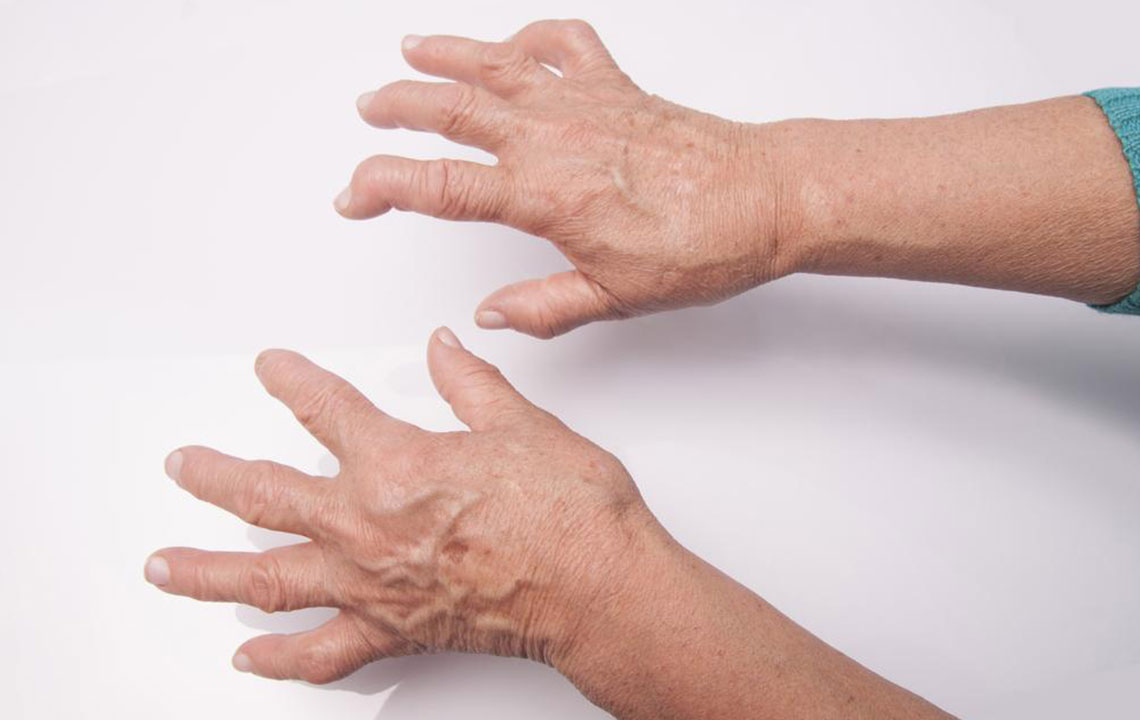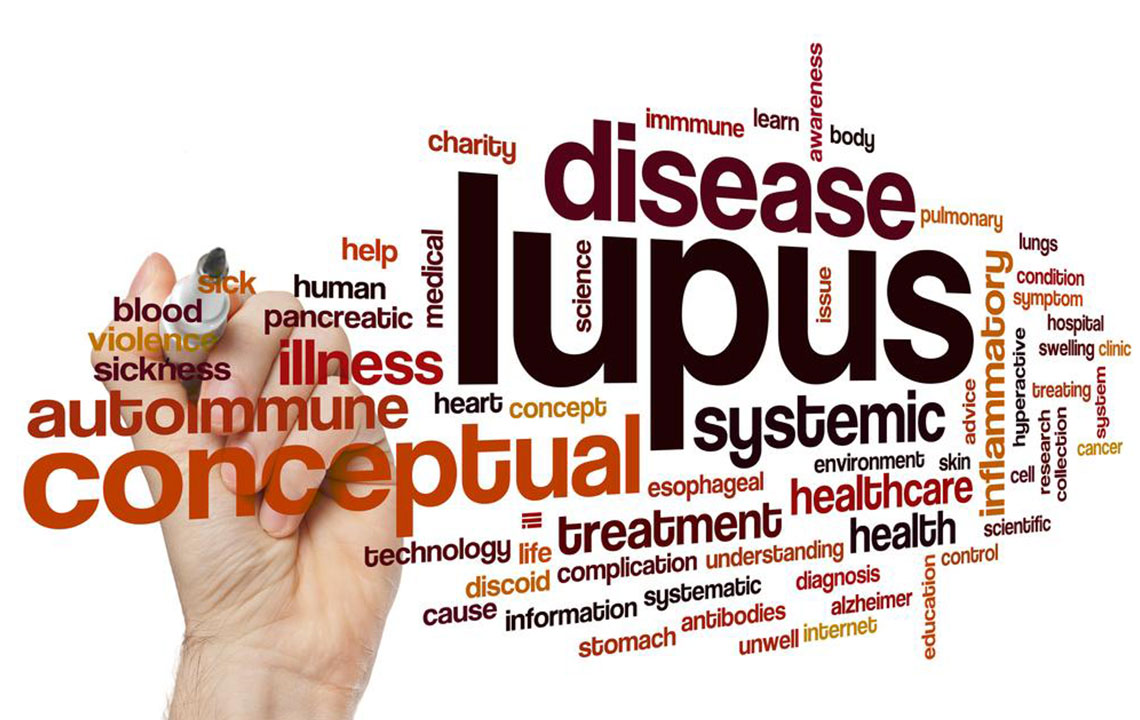Recognizing Early Symptoms of Lupus: Key Indicators to Watch For
Lupus is an autoimmune disease with varied symptoms affecting multiple organs. Early detection of signs like fatigue, skin rashes, joint pain, and kidney issues is crucial for timely treatment. This guide highlights common indicators and encourages consulting healthcare providers for diagnosis and management, emphasizing the importance of lifestyle adjustments to maintain health and well-being.

Recognizing Early Symptoms of Lupus: Key Indicators to Watch For
Lupus, or systemic lupus erythematosus, is an autoimmune disorder where the immune system mistakenly attacks healthy tissues. This immune malfunction leads to tissue damage and increases vulnerability to infections. Although it can affect anyone, women between 14 and 45 years old are most at risk, particularly during childbearing years.
Symptoms of lupus vary based on the affected organs but often include inflammation, fatigue, and skin rashes. Early detection is vital, as lupus tends to have flare-ups and remission phases. Recognizing common signs can facilitate prompt medical intervention.
Persistent Fatigue
Extreme tiredness that doesn’t improve with rest and may cause daytime naps. Disrupted sleep at night may also occur.
Intermittent Fever
Mild, recurring fevers can signal underlying lupus activity. Consult a doctor if such fevers are frequent.
Hair Loss
Thinning or loss of hair, including facial hair or eyelashes, may indicate lupus, especially if accompanied by scalp inflammation.
Skin Rashes
Red, butterfly-shaped rashes on the cheeks and nose, or discoloration of fingers and toes, often worsened by sun exposure.
Breathing Difficulties
Lung inflammation can cause chest pain, shortness of breath, and lung shrinkage, indicating pulmonary involvement.
Kidney Inflammation
Symptoms include swelling, dark urine, higher blood pressure, and frequent urination, hinting at nephritis.
Joint Pain
Stiffness and soreness, especially in the mornings, can develop as inflammation affects joints.
Digestive Issues
Acid reflux, heartburn, and habits like small, frequent meals help manage symptoms. Persistent problems should be evaluated medically.
Thyroid Imbalances
Symptoms like weight fluctuations, skin dryness, and mood changes may be linked to thyroid dysfunction caused by lupus.
Mouth and Eye Dryness
Sjogren's syndrome, associated with lupus, causes dryness of the mouth, eyes, and sometimes vaginal area.
Other signs include dizziness, mouth ulcers, muscle pain, osteoporosis, and depression. Since lupus weakens immunity, early diagnosis and lifestyle adjustments are key for management and recovery. Always follow healthcare advice and maintain a healthy routine for optimal well-being.










